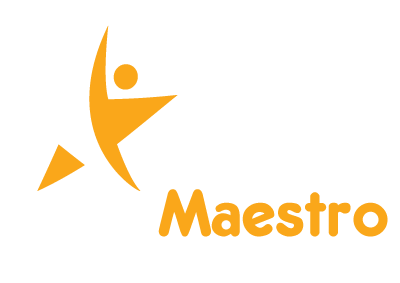Programmes.
Toddler Program .
Age Group: 1 – 2 Years.

The children play with different toys, paint with different mediums, do sorting activities, watch assemblies performed by older children, and participate in celebrations which are explained to them at their level.
The children are not forced to do activities. We try and make the activities interesting and the environment stimulating so that the child can self-learn. Children learn through play as it comes naturally to them.
Children develop their language, motor, cognitive, and social skills.
Our curriculum emphasizes outdoor play.
Pre Nursery .
Age Group: 2 – 3 Years.

We have a child- centric curriculum at Little Maestro.
Children develop their language, motor, social, cognitive and pre- writing skills.
Our curriculum is designed to develop reading proficiency.
Concepts are introduced keeping all learners in mind and interesting child-friendly games make it easy for the children to grasp difficult skills.
Children learn about values and public speaking and develop their communication and language skills.
Nursery .
Age Group: 3 – 4 Years.

The focus is more on developing skills relating to reading, writing, and general knowledge.
We have a unique method to help children develop their writing skills without facing any pressure or stress.
Children learn about values through assemblies and stories.
We have a lot of extra co-curricular activities to provide children a lot of fun options apart from academics.
Lower KG.
Age Group: 4 – 5 Years.

There is plenty of playing, singing, and crafts this year but it is balanced with more writing, reading, and math lessons.
Values education, social skills, cognitive skills, and language are given importance too.
Children gain a deeper understanding of letters, words, and their sounds.
Upper KG.
Age Group: 5 – 6 Years.

Along with reading, writing, and math readiness, this year aims at building self-independence and self-esteem of the child.
The children begin to use their mathematical understanding to solve practical problems.
Through practical activities children understand and record numbers, begin to show awareness of number operations, such as addition and subtraction.
